How To Exercise To Keep Your Hormones In Check
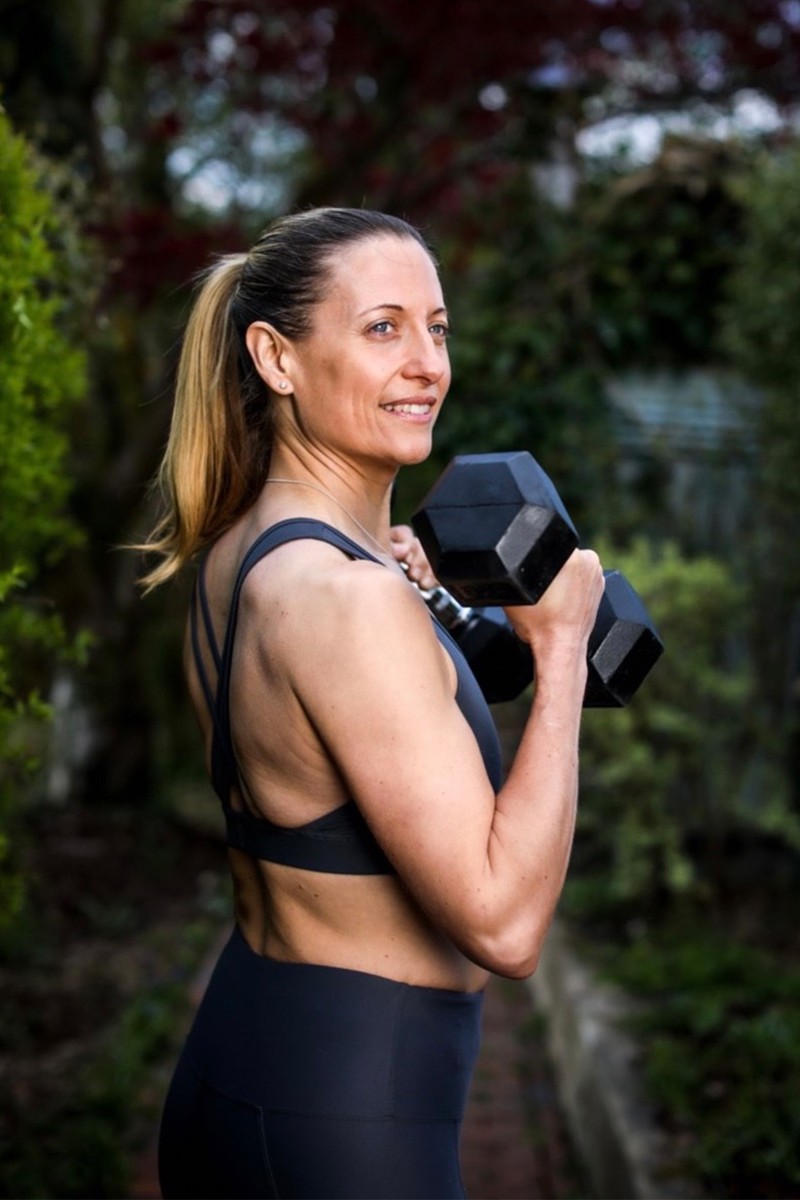
Perimenopause can kick in from your early 40s. The average age of menopause is 51, and you can be in perimenopause for up to ten years before this. I see so many women who have always been fit and healthy suddenly struggling to keep up with their usual routine in their early 40s. This doesn’t mean all is lost, but it does mean you might need to tweak how you train to see results and build a strong, mobile body for life.
Getting your hormones back to optimum levels is a balancing act. While intense workouts improve your body chemistry, you must keep cortisol, the stress hormone, in check. A HIIT class after a stressful day at work is probably the last thing you need. A typical week of workouts needs to be structured carefully to impact all your hormones positively. A recent study on exercise in the perimenopausal years said for the best results, we should aim for a combination of aerobic exercise, strength exercise and balance, totalling two hours and 30 minutes of moderate activity each week.
Be careful with cardio. Cardio plays an important role as we head into menopause. While the menopause does not cause heart disease, certain risk factors increase around the time of menopause and heart disease is the number one killer among post-menopausal women. The heart is like any other muscle – it needs to be worked to keep it strong and healthy, so ensure you are active or exercising for around 150 minutes a week. However, be mindful of stress. Many women overtrain and undereat in a bid to combat some of the weight gain that tends to creep up at this stage in life. High cortisol levels will lower oestrogen levels and may cause an increase in hormonal imbalances. High cortisol levels also cause fat stores and excess circulating fat to be relocated and deposited deep in the abdomen. My advice? Cut down on the HIIT and replace it with weight training.
Using weights is a must. If you don’t use weights already, it’s never too late to start. In our 20s, fitness is all about pounding the pavements for weight loss, with little regard for weights, but we need to shift our mentality to understand we won’t always see all the benefits of exercise. Strength training will help with heart, bone and joint health and will leave you feeling confident, strong and mobile. It will also build lean muscle, which can support your body to use calories more efficiently. Aim for three to four strength sessions a week alongside one to three higher impact sessions.
Bodyweight is a great place to start. If you’ve never used weights before, using your own bodyweight will add some resistance. When you feel stronger and more confident, add in resistance bands to work your muscles under tension and then slowly add in dumbbells of varying strength.
Don’t be afraid to take a rest day. Remember rest is as important as the time you spend exercising – it’s during periods of rest that our bodies go into repair mode, build muscle and reset hormones. As we age, it takes the body longer to recover from exercise.
Mobility and flexibility also factor into the equation. Implementing a great stretching routine two or three times a week will play an integral part in helping with recovery and muscle repair, which will lead to increased flexibility. Plus, your bone mass peaks at around the age of 35, after which your bones begin to break down at a faster rate than you can build them, putting you at a higher risk of osteopenia and osteoporosis, which can make you more susceptible to spine, hip and wrist fractures. Studies have shown yoga can increase bone density and improve balance and flexibility, which can prevent falls and fractures in the long-term.
Carbs aren’t the enemy. It’s so common to hear women telling their stories of how the weight crept on once they hit 40, and how despite being on a calorie-controlled diet and exercising daily they are making little progress. So many women also want to know whether they should eat before or after exercise, whether they should be using protein shakes, and if carbs are good or bad. Carbs are an essential, non-negotiable part of a healthy diet. If you exercise, you need carbs – they’re the main source of energy for our brains and bodies. By eating carbs, it gives protein the chance to repair muscle tissue. If you limit carbs, protein becomes the dominant energy source, and you won’t build lean muscle. In short, your workouts won’t give you the results you’re looking for.
Fuel your workout if it’s longer than 45 minutes. It could be a small bowl of overnight oats or a slice of wholemeal toast. You’ll make more progress if you fuel a longer session (at least 45-60 minutes) and find that you have more endurance. At the same time, if you feel you don’t have enough energy to sustain a session or feel faint after exercising, regardless of the length of your workout, have something to eat beforehand – a banana or some dried fruit works well.
Protein is a must. As we age, protein becomes even more important for repairing and strengthening muscles, and keeping bones strong and healthy. Protein also influences the release of hormones that control appetite and food intake. It can help you feel fuller for longer, helping curb the temptation to snack. Ideally eat protein from natural sources as opposed to processed protein powders – Greek yoghurt, eggs, nuts and seeds, fish, chicken, tofu and cheese are great sources.
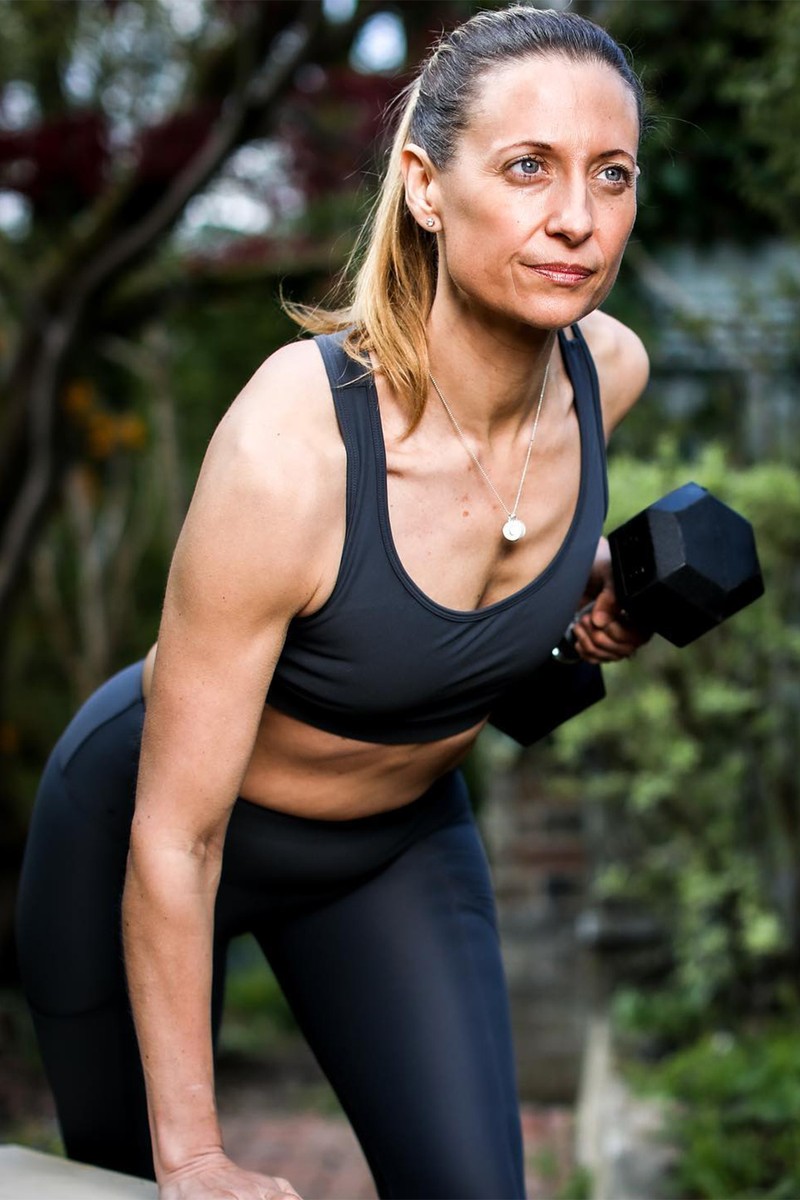
Cutting back on alcohol will support muscle growth. Alcohol can take its toll on a healthy body in many ways. For starters, it can disrupt sleep. Growth hormones – which we need for muscle growth – are released during deep sleep. Alcohol also dehydrates us, and dehydration leads to reduced exercise performance. You need to be well hydrated when you work out to maintain optimal blood flow throughout the body, which is essential for carrying oxygen and nutrients to the muscles, maximising performance.
The right supplements can help. A balanced workout routine and healthy diet is a fantastic starting point for supporting hormone balance, but there can be a place for supplements. As well as HRT, which has been invaluable to help me manage the physiological symptoms of the menopause, I take Meno Active, which contains ashwagandha and sage, two well-known nutrients that can help alleviate menopausal symptoms. I also recommend Ingenious Collagen and Wild Nutrition’s plant-based, adaptogenic protein powder.
Ultimately, consistency wins. The is the most important pillar of all. Whether it’s a yoga class, long walk or strength training, it’s just important that you’re moving your body and breaking a sweat each day. Find something you enjoy and stick with it.
For more information, visit KateRHFitness.com & follow @KateRH_Fitness.
Shop The Product Edit
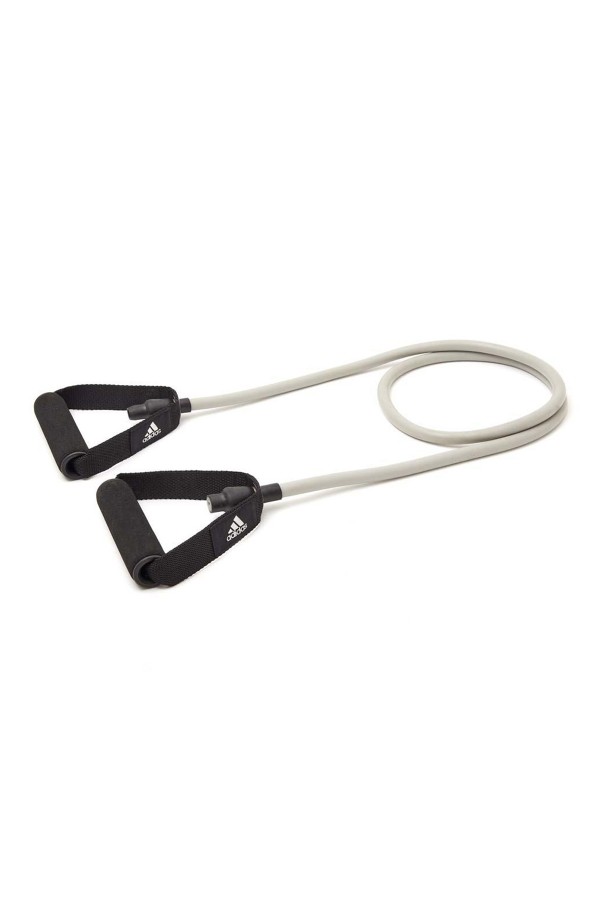
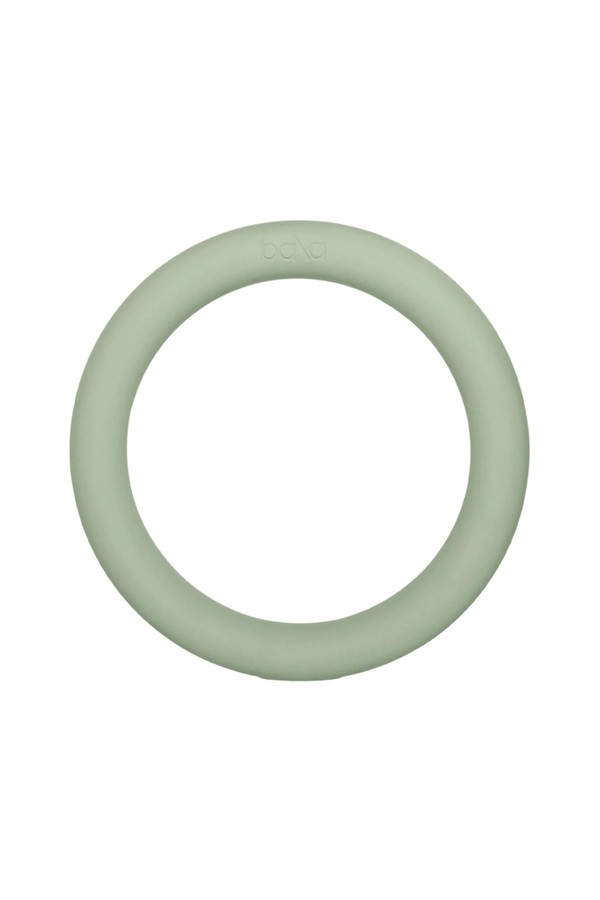
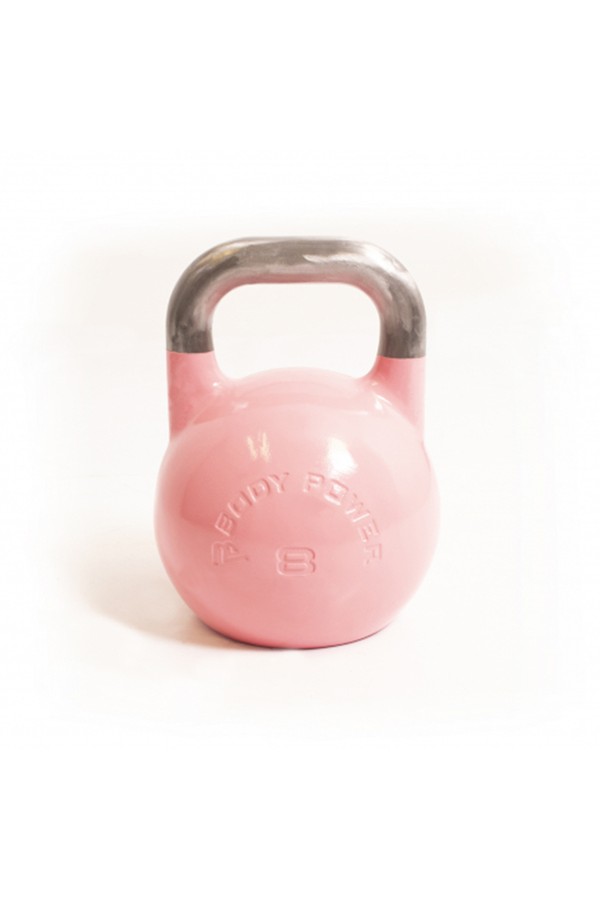
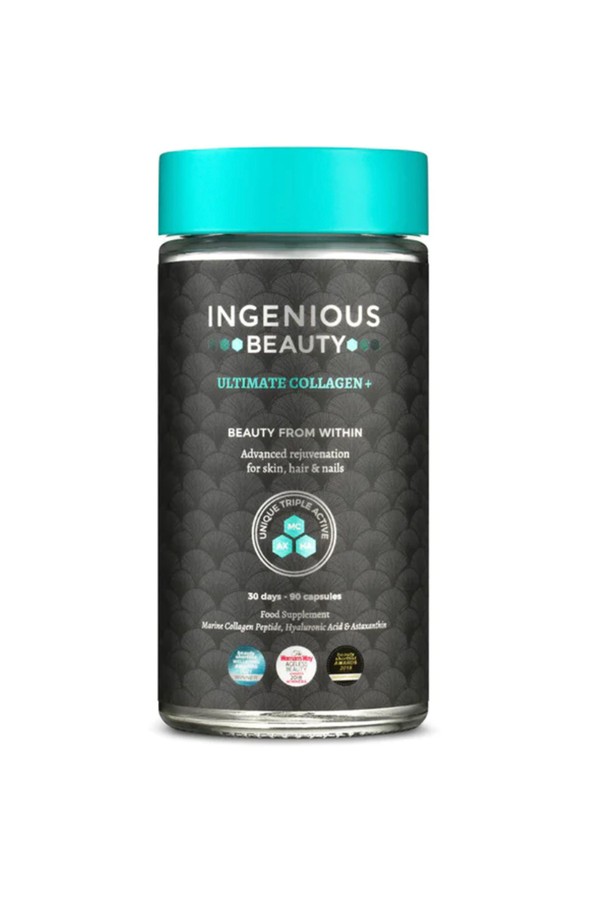
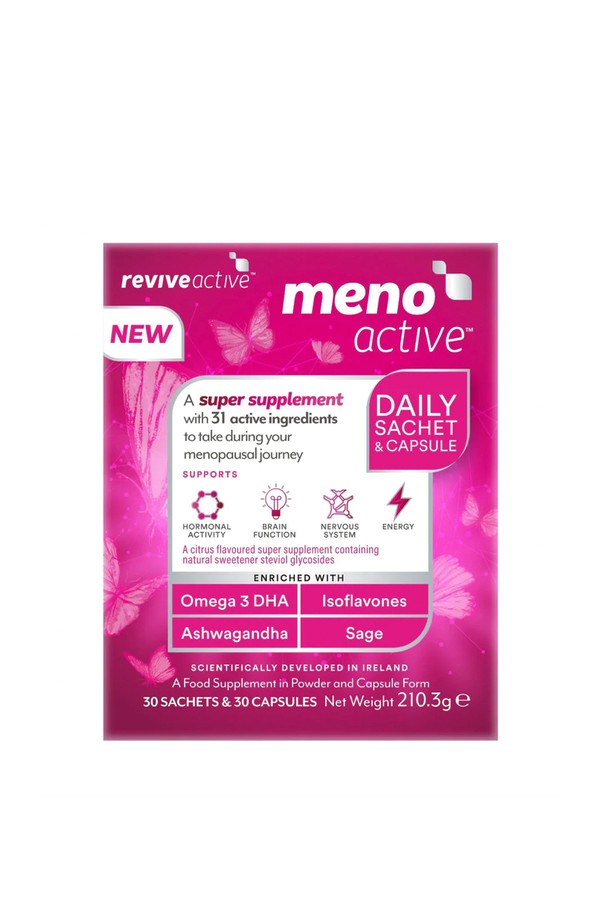
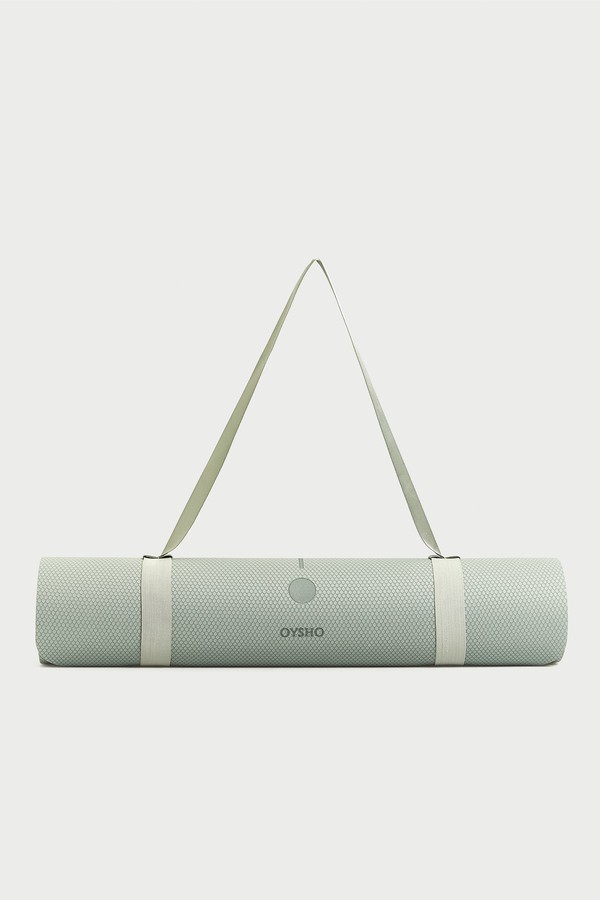

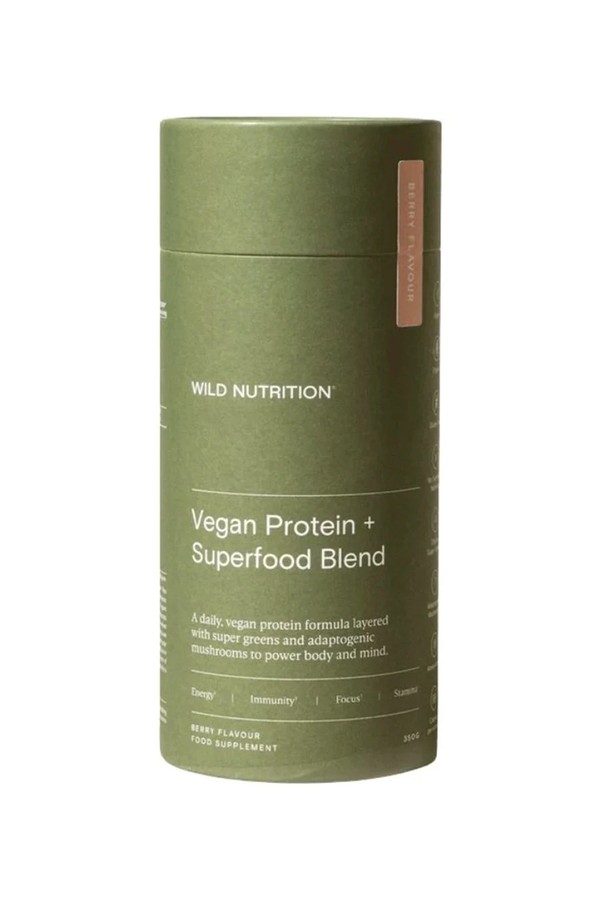
DISCLAIMER: We endeavour to always credit the correct original source of every image we use. If you think a credit may be incorrect, please contact us at info@sheerluxe.com.


